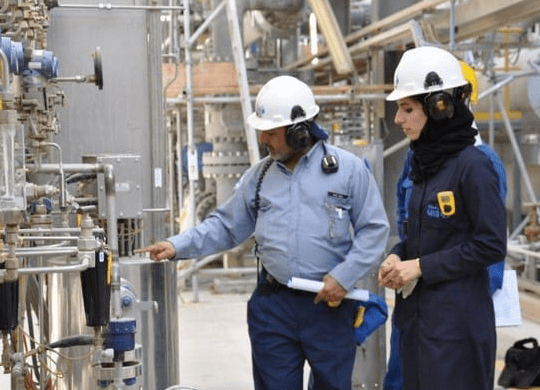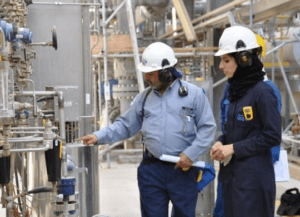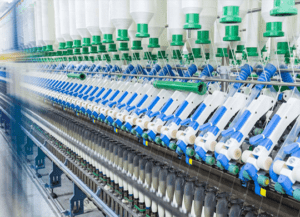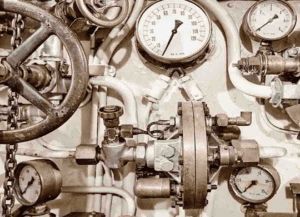QA QC Instrumentation Course
Learn about the QA QC Instrumentation Courses get employed Instrumentation sector. This is a course in the Instrumentation domain.
- 24 weeks long course | Online and Offline
- Learn from leading experts in the industry
- Project based learning with 4 industry level projects that learners can showcase on LinkedIn.
- Learn Key Tools & Technologies in Automation





